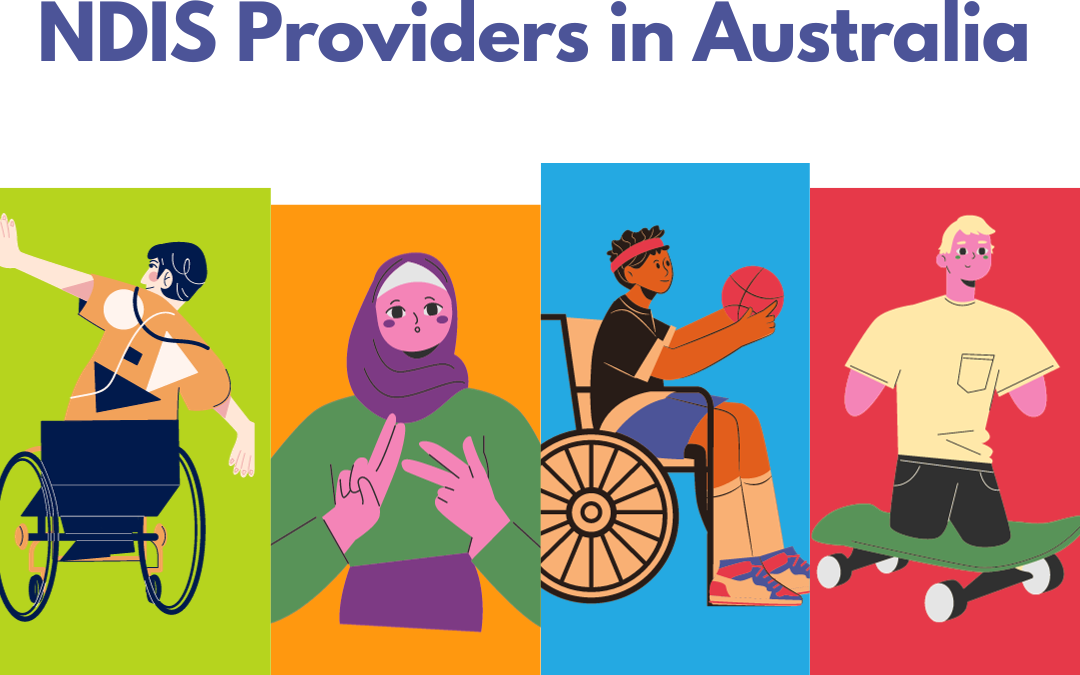The National Disability Insurance Scheme (NDIS) in Australia is dedicated to assisting individuals with disabilities. For NDIS providers, effective communication is of the essence. While the phone system features employed by an NDIS provider might differ depending on specific needs and their chosen telephony solution, several features are frequently desired due to their alignment with the distinct demands of these providers:
Integrated Communication: By amalgamating voice, video, messaging, and email, it facilitates fluid communication amongst care teams, participants, and other involved parties.
Call Archiving: This proves invaluable for accurately recording details pertaining to care and services. It also promotes responsibility and aids in training processes.
Automated Reception & IVR: This ensures participants, caregivers, or other service providers are effortlessly connected to the appropriate department or personnel without human intervention.
Mobility Sync: Recognising the on-the-go nature of many service providers, the synergy between office telephony and mobile gadgets is pivotal, guaranteeing undisturbed communication irrespective of the provider’s whereabouts.
Transcribed Voicemail-to-Email: Owing to the demanding routines of NDIS providers, transcribing voicemails and dispatching them as emails proves invaluable, safeguarding against overlooking essential messages.
Group Discussions: Indispensable for collective caregiver meetings or discussions involving several stakeholders, particularly if dispersed across Australia.
Confidentiality in Communication: As the information exchanged is often sensitive, encryption and added security measures are essential to uphold participant confidentiality.
Synergy with CRM or Care Systems: This ensures fluid data transfer, confirming that interaction specifics are accurately recorded for every participant.
Call Data Analysis: Vital for tracking call metrics like volume, duration, and trends, which can guide resource distribution and ensure participants receive prompt responses.
Inclusive Communication Tools: Features such as TTY compatibility, voice-commanded dialing, or augmented audio quality can greatly benefit given the nature of the services.
These functionalities empower NDIS providers in Australia to refine their communication processes, elevate care standards, and guarantee that participants obtain timely and tailored assistance. It’s crucial to recognize that while these features are advantageous, their actual utilization could differ based on distinct organizational prerequisites and fiscal constraints.
We support businesses throughout Australia. Locations include Sydney, Brisbane, Melbourne, Adelaide, Perth, Canberra, Hobart and Darwin. Give us a call on 1300 978 073. The initial consultation is complimentary.
